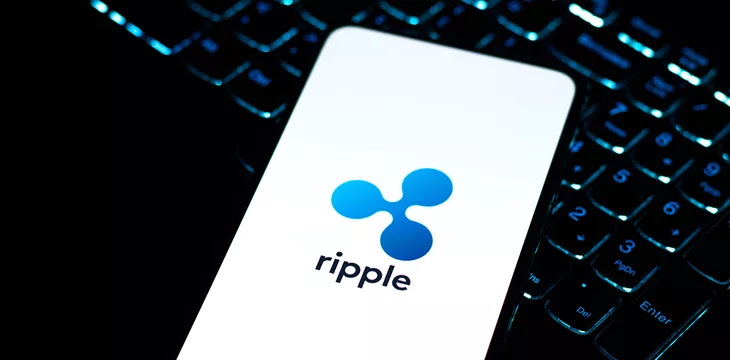|
Getting your Trinity Audio player ready...
|
Digital currency news publications, influencers on X, and industry pundits across the world are all talking about one thing: the Ripple hack.
Ripple Co-Founder Chris Larsen recently announced on X that his personal wallets had been hacked and funds had been stolen. He confirmed that Ripple accounts were not compromised and that exchanges had frozen affected addresses. Law enforcement was already involved by the time he confirmed the rumors.
Ripple CEO Brad Garlinghouse also confirmed that Ripple itself was not affected, calling the speculation “irresponsible.”
Yesterday, there was unauthorized access to a few of my personal XRP accounts (not @Ripple) – we were quickly able to catch the problem and notify exchanges to freeze the affected addresses. Law enforcement is already involved. https://t.co/T3HtKSlzLg
— Chris Larsen (@chrislarsensf) January 31, 2024
Scammers gonna’ scam—digital asset recovery is the answer
It seems that every week, CoinGeek reports on yet another high-profile wallet or exchange hack, phishing scam, or Ponzi scheme. Sometimes it’s North Korea, sometimes it’s an anonymous hacker, and sometimes it’s the executives at firms like FTX or Celsius Network, but in every case, someone has their hands in the cookie jar without permission.
Increasingly, ‘crypto’ scams involve phishing and impersonation. In just the recent past, DWF Labs Managing Partner Andrei Grachev had his X account compromised, Binance co-founder Yi He was impersonated on LinkedIn, and email service provider MailerLite was compromised after an employee fell for a phishing scam, leading victims to lose over $600,000, according to Blockaid.
Thankfully, due to the nature of public blockchains, all of the time-stamped transactions related to these crimes can be tracked and traced relatively easily. However, digital asset recovery is not yet widely acknowledged, even though it’s possible on all blockchains.
Will there ever be a time when victims can get back their funds via court order? That depends on the outcome of various court cases, but with enterprises and governments increasingly entering the blockchain space, legal mechanisms to recover stolen property are likely to gain greater attention.
The hypocrisy regarding using the law is unbelievable
While BTC maximalists are almost universal in their disdain for the law and using it to recover stolen funds, it seems that the wider industry has a mild case of bipolar disorder when it comes to this issue. In short, whether or not it’s acceptable seems to depend on who is involved and what they’re trying to accomplish.
For example, when Chris Larsen announced that law enforcement was involved and Ripple had coordinated with exchanges to freeze addresses, there wasn’t much of a reaction. However, when Dr. Craig Wright used the law to try to recover stolen bitcoins and taught that Bitcoin has an alert key so that funds can be frozen and recovered, the reaction was something akin to a nuclear meltdown.
Why the violent reaction to Dr. Wright’s legal quest to recover his funds and protect his reputation, including the delisting of BSV from major exchanges, yet barely any reaction at all to a San Fransisco corporation involving the cops and working with exchanges to freeze funds? Why the hypocrisy? Reflection on this should be revealing to the thoughtful reader.
Digital asset recovery is possible and will be widely used
No matter what anyone thinks of it, digital asset recovery will become widespread in the future. There’s no way companies and governments will widely adopt blockchain technology if the risk of losing funds to hacks and scams is too great. There must be a way to recover property when it’s stolen.
If Web 3.0 is to take off, the tokenization of everything is to occur, and the huge players with bags of money are to utilize blockchain seriously, digital asset recovery will have to be accepted and enforced. After all, BlackRock can not tell its clients, “Whoopsie, the tokenized stocks in your retirement portfolio are gone, and there’s just no way to get them back.” Either we revert to permissioned, private blockchains, defeating the purpose, or utilize digital asset recovery on a scalable public blockchain.
Thankfully, recovering digital assets is possible, and when Bitcoin is fully understood, it won’t require coordination with shady centralized exchanges. Bitcoin was purpose-built with digital asset recovering in mind, and now that the original protocol has been restored, this will finally be demonstrated and understood.
Whatever happens to Chris Larsen’s stolen XRP tokens, future victims will have a way to legally enforce their property rights, even if that property is digital. The sooner that is understood and enforced, the better.
Watch: Digital Asset Recovery – freezing and seizing lost and stolen assets

 02-15-2026
02-15-2026 




